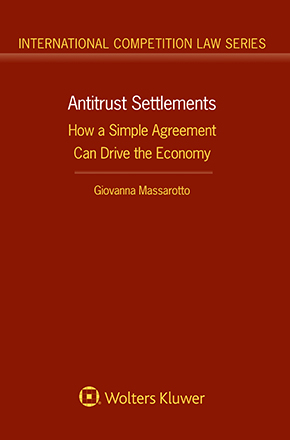Introduction:
When it comes to navigating lawyer contract disputes, having essential strategies in place is paramount. These disputes can arise from various issues, ranging from breaches of contract terms to disagreements over compensation or scope of work. In this article, we’ll delve into some key strategies for effectively managing and resolving lawyer contract disputes.
Understanding the Nature of Contract Disputes:
Before diving into strategies for resolving contract disputes, it’s essential to understand their nature. Contract disputes can arise from misunderstandings, differing interpretations of contractual terms, or outright breaches of contract. Identifying the root cause of the dispute is crucial for devising an appropriate resolution strategy.
Open Communication and Documentation:
Clear and open communication is foundational to resolving contract disputes. Parties involved should maintain open lines of communication to discuss their concerns and seek mutually agreeable solutions. Additionally, thorough documentation of all communications, agreements, and contract terms can serve as valuable evidence in resolving disputes.
Reviewing the Contract Terms:
A thorough review of the contract terms is essential for understanding each party’s rights, obligations, and potential remedies in the event of a dispute. This includes examining clauses related to termination, dispute resolution mechanisms, and any applicable governing law provisions. Understanding these terms is key to formulating an effective resolution strategy.
Seeking Mediation or Alternative Dispute Resolution:
In many cases, pursuing mediation or alternative dispute resolution (ADR) methods can offer a more efficient and cost-effective means of resolving contract disputes compared to litigation. Mediation allows parties to work with a neutral third party to facilitate negotiations and find mutually acceptable solutions, while ADR methods such as arbitration offer a more formal process for resolving disputes outside of court.
Negotiating a Settlement Agreement:
Negotiating a settlement agreement can often be the most expedient way to resolve a contract dispute while minimizing costs and preserving business relationships. Parties can negotiate terms that address their respective concerns and interests, such as payment of damages, modification of contract terms, or termination of the contract by mutual agreement.
Considering Litigation as a Last Resort:
While litigation is sometimes necessary to resolve particularly contentious contract disputes, it should generally be considered a last resort. Litigation can be costly, time-consuming, and uncertain, with outcomes ultimately determined by a judge or jury. Parties should carefully weigh the potential benefits and drawbacks of litigation before pursuing this course of action.
Engaging Legal Counsel:
In complex contract disputes, engaging the services of experienced legal counsel can be invaluable. A knowledgeable attorney can provide guidance on the interpretation of contract terms, assess the strengths and weaknesses of the case, and advocate on behalf of their client’s interests in negotiations or litigation.
Maintaining Professionalism and Civility:
Throughout the dispute resolution process, maintaining professionalism and civility is essential. Emotions can run high during contract disputes, but maintaining a respectful and professional demeanor can help preserve relationships and facilitate productive negotiations. Personal attacks or hostile behavior are unlikely to lead to a favorable resolution.
Documenting Agreed Upon Resolutions:
Once a resolution to the contract dispute has been reached, it’s essential to document the agreed-upon terms in writing. This can help prevent future misunderstandings and serve as a reference point in the event of any disputes arising in the future. Parties should ensure that the settlement agreement is clear, comprehensive, and legally enforceable.
Conclusion:
Navigating lawyer contract disputes requires a strategic approach that prioritizes clear communication, thorough documentation, and a willingness to explore alternative dispute resolution methods. By understanding the nature of contract disputes and employing effective strategies for resolution, parties can mitigate risks, preserve relationships, and achieve mutually satisfactory outcomes. Read more about lawyer contract disputes




